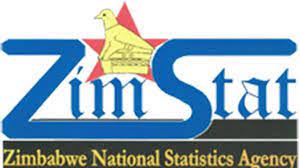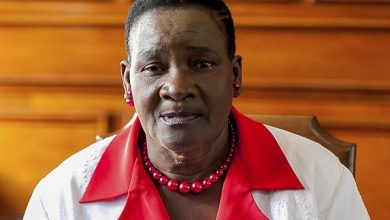Census 2022: ZIMSTAT sets up data quality management team

Zimbabwe National Statistics Agency (ZIMSTAT) says they have set up a data quality management team to deal with the anomalies that may arise during the ongoing 2022 population and housing census enumeration exercise.
The census began on April 21 and will run until April 30, 2022.
Speaking during a recent press conference, the director for production statistics, Mationesa Phiri said they have set up the data quality management team to monitor the data that is being collected.
“For us to enhance the quality of the data that is being collected we had to come up with a data quality management team and solely the objective of coming up with this team is that we monitor the data that is being collected, as it being collected we also have real-time monitoring that data as well,” said Phiri.
She said the team will be also checking for errors and inconsistencies.
“We know that as data is being collected we have our enumerators, we have supervisors, however, we are also doing this process so that if anything was missed by an enumerator during data collection, also missed by the supervisor then we also running through the data that is being collected so that we also give feedback again to the staff for them to check on any inconsistencies that we would have picked as a team,” said Phiri.
She added that they also revisit some households where they would have failed to speak to the occupants.
“So, basically some of the issues that we are looking at, you might find that we have partially missing information where an enumerator did and you find that the household is still not yet completed in terms of interviewing, we also take that to say can this household be completed in terms of interviewing,” she said.
“Some reasons for these partially completed cases is that sometimes people are not around, so they have to make a callback, in such a situation we say that household is not yet complete in terms of enumerations, so we have to have that house completed by revisiting and organizing callbacks.”
Phiri added that the process which is done daily also deals with missing information.
“If we are having our records, we are also looking at whether we don’t have any fields that are missing where we have blanks in the data set, we also identify that and then we take it back again to the provinces to say we are seeing that in this particular record we have this field which is also missing, which has some missing information kindly verify, they also work on that again and they bring it back to us and sometimes some inconsistencies where you might find probably there is an age, as an example age which is not consistent to the economic activity of the person, those are some of the issues we are going through checking them so that it becomes an iterating process until we get a clean data set, so we are doing it on a daily basis,” she said.






